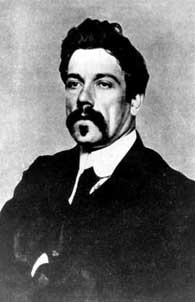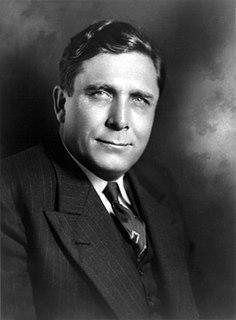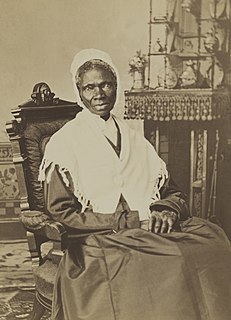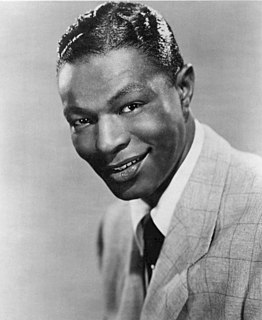A Quote by Oscar Wilde
In England it is enough for a man to try and produce any serious, beautiful work to lose all his rights as a citizen.
Related Quotes
As a man has no right to kill one of his children if it is diseased or insane, so a man who has made the gradual and conscious expression of his personality in literature the aim of his life, has no right to suppress himself any carefully considered work which seemed good enough when it was written. Suppression, if it is deserved, will come rapidly enough from the same causes that suppress the unworthy members of a man's family.
Virginia States' rights, as our forefathers conceived it, was a protection of the right of the individual citizen. Those who preach most frequently about states' rights today are not those seeking the protection of the individual citizen, but his exploitation. The time is long past — if indeed it ever existed — when we should permit the noble concept of states' rights to be betrayed.
He that has energy enough in his constitution to root out a vice should go a little further, and try to plant a virtue in its place; otherwise he will have his labor to renew. A strong soil that has produced weeds may be made to produce wheat with far less difficulty than it would cost to make it produce nothing.
We hear in these days a great deal respecting rights--the rights of private judgment, the rights of labor, the rights of property, and the rights of man. Rights are grand things, divine things in this world of God's; but the way in which we expound these rights, alas! seems to me to be the very incarnation of selfishness. I can see nothing very noble in a man who is forever going about calling for his own rights. Alas! alas! for the man who feels nothing more grand in this wondrous, divine world than his own rights.
Individualism regards man - every man - as an independent, sovereign entity who possesses an inalienable right to his own life, a right derived from his nature as a rational being. Individualism holds that a civilized society, or any form of association, cooperation or peaceful co-existence among men, can be achieved only on the basis of the recognition of individual rights - and that a group, as such, has no rights other than the individual rights of its members.
A free citizen in a free state, it seems to me, has an inalienable right to play with whomsoever he will, so long as he does not disturb the general peace. If any other citizen, offended by the spectacle, makes a pother, then that other citizen, and not the man exercising his inalienable right, should be put down by the police.






































